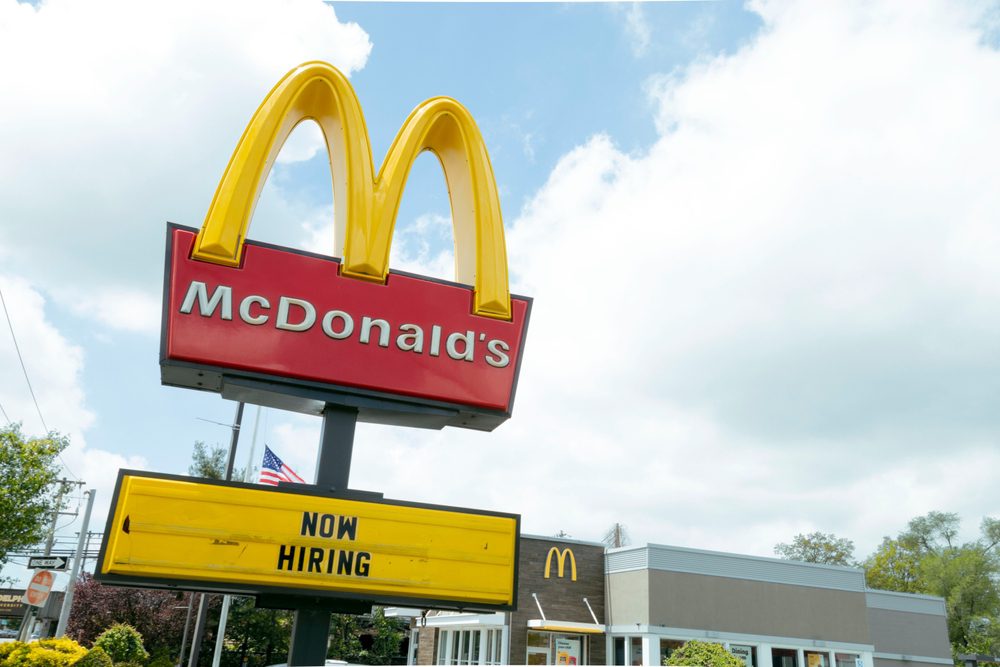The U.S. Securities and Exchange Commission settled Monday with Coca-Cola over channel-stuffing allegations in Japan.
The settlement was announced yesterday, one day before Coca-Cola reported income of $1 billion for the three months ended March 31, compared to $1.13 billion one year earlier. Revenue increased 4% to $5.27 billion from $5.08 billion.
The SEC settlement does not include a monetary fine or penalty and Coca-Cola neither admitted nor denied the SEC’s findings. It has agreed to strengthen its internal disclosure review process to prevent further violations, the SEC said.
“[Management discussion and analysis] MD&A requires companies to provide investors with the truth behind the numbers,” Richard Wessel, district administrator of the commission’s Atlanta District Office, said in a statement. “Coca-Cola misled investors by failing to disclose end of period practices that impacted the company’s likely future operating results.”
The commission found that, at or near the end of each reporting period between 1997 and 1999, Coca-Cola used channel stuffing for the purpose of boosting sales into a given period. Channel stuffing is known as “gallon pushing” in Japan.
Coca-Cola Chairman and CEO Neville Isdell sent a communication Monday to “all employees worldwide” regarding the settlement.
He said that the company had cooperated with the investigation and that, “Under the settlement, we have agreed to maintain certain measures that the company implemented prior to or during the last two years and to undertake additional remedial actions in the areas of corporate compliance and disclosure.”
The company said that the U.S. Justice Department has dropped a related inquiry.
The SEC said that Japanese bottlers were offered extended credit terms to incent them to purchase quantities of beverage concentrate they otherwise would not have purchased until a following period.
As a result of the gallon pushing, sales were pulled forward from subsequent periods and made it likely that the bottlers would purchase less concentrate in subsequent periods, the SEC said.
The practice contributed about $0.01 to $0.02 to Coca-Cola’s quarterly earnings per share and was the difference between Coca-Cola meeting and missing analysts’ earnings estimates in eight out of the 12 quarters from 1997 through 1999. Coca-Cola failed to disclose the practice and made false and misleading statements related to the reduction of inventory levels in Japan, the SEC said.
The commission said that Coca-Cola’s failure to disclose the impact of gallon pushing on current and future earnings, as well as false statements and omissions within its Form 8-K, violated the antifraud and periodic reporting requirements of the federal securities laws. It applauded the firm for putting preventive measures in place.
“Prior to and during the investigation, Coca-Cola took laudable and substantial steps to enhance and strengthen its disclosure review process to prevent similar failures from occurring in the future,” said Katherine Addleman, associate director of the commission’s Atlanta district office, in a statement.
In his letter, Isdell called for compliance.
“We continue to expect all of our operations around the world to adhere to the highest ethical standards,” Isdell said in his letter. “This is an obligation we all share that requires constant vigilance.”
As for its third-quarter report, worldwide case volume grew 3%.
The results beat Wall Street’s expectations and boosted the company’s share price. In the company’s key North America division, unit case volume and revenue were even with the prior year. Operating income was negatively impacted primarily by the planned $350 million to $400 million boost in marketing expenditures this year.
Overall, carbonated soft drink unit case volume declined 1%, but diet and lite products continue to deliver positive unit case growth. Coca-Cola with Lime was introduced during the quarter and is “proceeding well,” the company said.
 Network
Network

